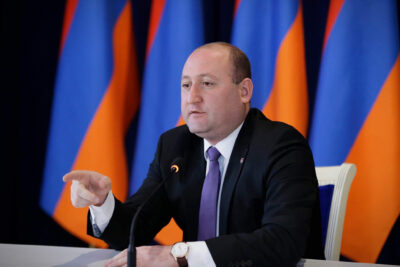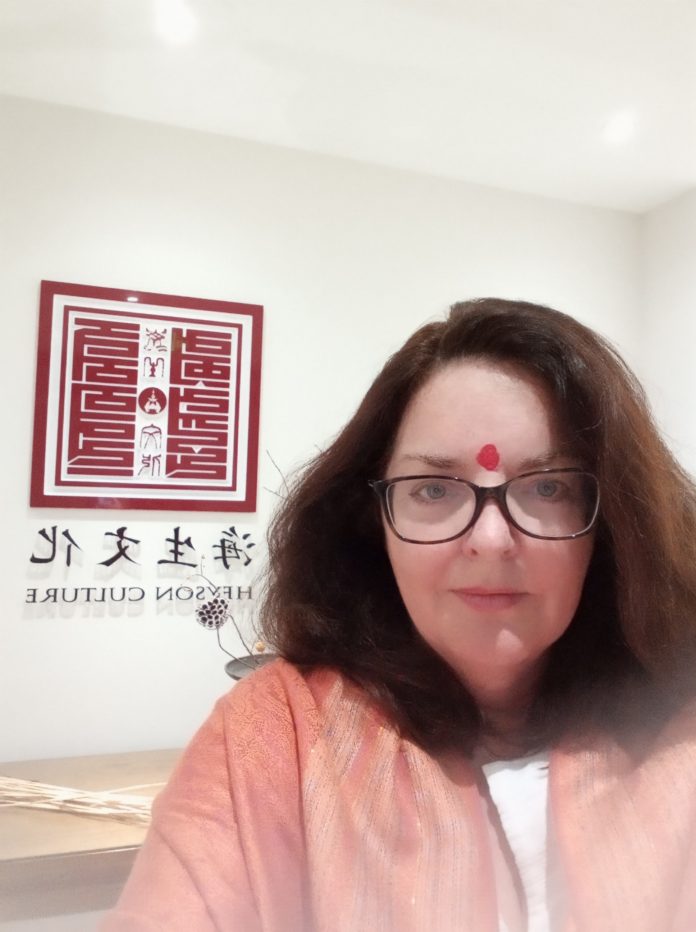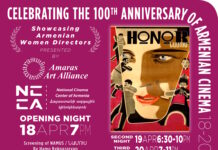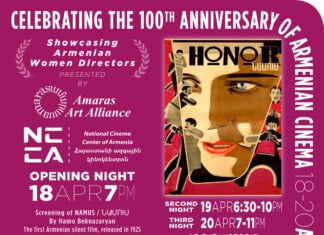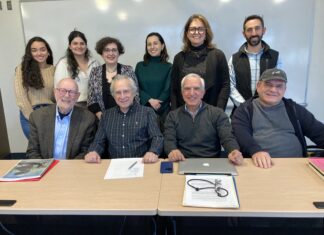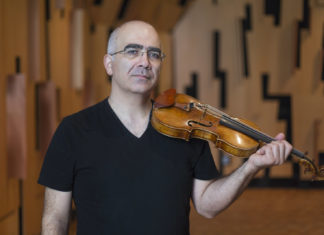By Artsvi Bakhchinyan
Special to the Mirror-Spectator
YEREVAN/BEIJING – Born in Cleveland, Ohio, Elizabeth L. Winship grew up in New Jersey. She studied at Indiana University and in Poland, Russia, Hungary, Austria and Italy. With over 15 years international work experience, Winship has taught high school and middle school students in China, Poland and America. In Armenia and the Republic of Georgia Elizabeth conducted in-service training programs that imparted new, student-centered methodologies to teachers.
She also led a US government-funded curriculum design program for vocational schools in the Republic of Georgia. Her own teaching practice has been informed by professional development courses in Socratic Seminars, Harkness, and Facing History and Ourselves. She builds group collaboration among students with highly interactive classroom work that promotes critical thinking and active student discussions and debate. With a background in music and performance, Elizabeth often incorporates music, singing, film and drama into her lesson plans. Having led experiential learning trips for Dalton students within Beijing and to London, Moscow and St. Petersburg, for the coming year she anticipates a Shakespeare-themed trip to England and a multi-disciplinary study visit to Tbilisi, the capital city of Georgia. As she approaches her fourth year of teaching at Dalton Academy, she continues to seek innovative ways to build student confidence and foster a supportive atmosphere that can ease and facilitate high levels of class participation and learning…
Dear Elizabeth, although in your life you run public and educational activities, my impression is that the arts and culture were always a part of you, especially music and photography – am I right?
Music has always played an important role in my life. If I could start all over again, perhaps I would follow the path of a career in music. My love and understanding of photography came to me later in life. Fate brought me to the South Caucasus, where I had the privilege to meet some incredibly talented photographers. My love for art began with frequent visits to major museums in New York City (deep gratitude to my parents for this). It further grew and blossomed when I studied for a few months in Russia. I will never forget how the art historian who guided me through the Tretyakov collections in Moscow opened new worlds of understanding for me. And then… the enormous, almost overwhelming sensations I had, walking through the Hermitage and the Pushkin Museums. I experienced this again, in Yerevan, the first time I entered the Saryan Museum.
